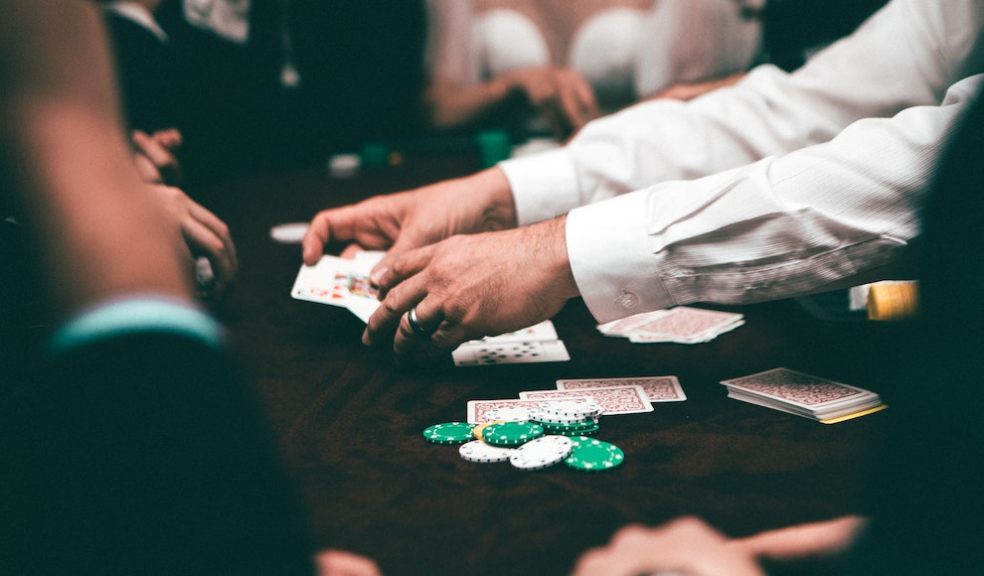
11 Bad Habits You Should Avoid When Playing Poker
Playing poker is a great way to have fun and test your skills, but there are a few bad habits that you should avoid if you want to be a successful poker player. Here are 11 worst habits that can ruin your poker game:
1. Playing too many hands
Poker players make one of the most common mistakes: playing too many hands. It's essential to be selective with the hands you play, especially in an early position. Being in the early position means that there are still a lot of players yet to act, which increases the chances of someone having a better hand than you. Playing too many hands will only lead to failure in the long run.
2. Calling too often
Another terrible habit is calling too often. Calling is when you stay in a hand, even though you don't have a good chance of success. This move is often made in hopes of "hitting something" on the flop, turn or river. Calling too often will only lead to failure. Instead of doing this, you should be more selective with the hands you play and only call when you have a good chance of success.
3. Folding too often
Folding too often is another bad habit that poker players need to avoid. Folding is when you get rid of your hand. There are times you should fold, such as when you have a bad hand or are in an early position. However, if you fold too often, you may miss out on potential success. Think about the situation and use your best judgment before folding.
4. Playing on tilt
Playing on tilt is when you let your emotions affect your play. For example, if you lose a big hand, you might start playing more recklessly in an attempt to recover your bankroll. Playing on tilt is a dangerous habit that can lead to even bigger failure. If you get upset after losing a hand, it's best to take a break from the game and calm down before playing again.
5. Bluffing too often
Bluffing is when you bet or raise with a weak hand to make your opponent fold. While bluffing can be a successful strategy, you should avoid bluffing too often. If you use it too frequently, your opponents will figure it out and begin calling your bluffs. Only bluff when you have a good reason to believe your opponents will fold.
6. Betting too much
When you bet too much, you're more likely to deplete your bankroll in the long run because you're putting more of the bankroll at risk than necessary. It's essential to be disciplined with your betting and only bet as much as you can afford to lose.
7. Not paying attention
It's crucial to pay attention when you're playing poker, which means paying attention to the cards on the table, your opponents' betting patterns, and anything else that might give you an advantage. If you're not paying attention, you're more likely to make mistakes that can cost you success.
8. Playing when drunk
Playing poker under the influence of alcohol is never a good idea. Alcohol will impair your judgment and decision-making skills, leading to costly mistakes. It's best to avoid playing while under the influence of alcohol. Instead of alcohol, stick to drinks like coffee or tea to help you stay alert and focused.
9. Playing too many tables
Some poker players play too many tables at once, while playing poker online. Playing online poker allows players to multi-table, which means they can play multiple tables simultaneously. While this can be a successful strategy for some players, it's not recommended for beginners or those still learning the game. Playing multiple tables can be overwhelming and lead to mistakes. It's essential to focus on one table at a time and give each hand your full attention. Playing multiple tables is only good if you can handle it without letting it affect your play.
10. Being too aggressive
Being too aggressive is when you bet or raise too often, which can be a successful strategy in some situations. But it can also lead to failure if you're not careful. When you're too aggressive, you're more likely to bet or raise when you shouldn't. Doing so can lead to costly mistakes. Instead of being too aggressive, you should be more selective with your betting and only make moves when you have a good reason to do so.
11. Not taking breaks
Taking breaks from poker every once in a while is essential because playing for long periods can lead to boredom and fatigue, making you play worse. If you find yourself bored or tired while playing, it's best to take a break and return later. If you're playing online, try setting a timer for yourself and taking a break when the timer goes off. Keeping fresh will help you stay focused and make better decisions.
Conclusion
Playing poker can be a fun and exciting experience, but it's essential to avoid making common mistakes. Avoiding these mistakes will improve your chances of success and have more fun while playing. Practice leads to perfection, so keep these tips in mind the next time you sit at a poker table. Start practicing today with free poker games and other poker game variations, such as Texas Holdem and Omaha, at GGPoker, the world's largest poker room! Sign up at GGPoker today!














